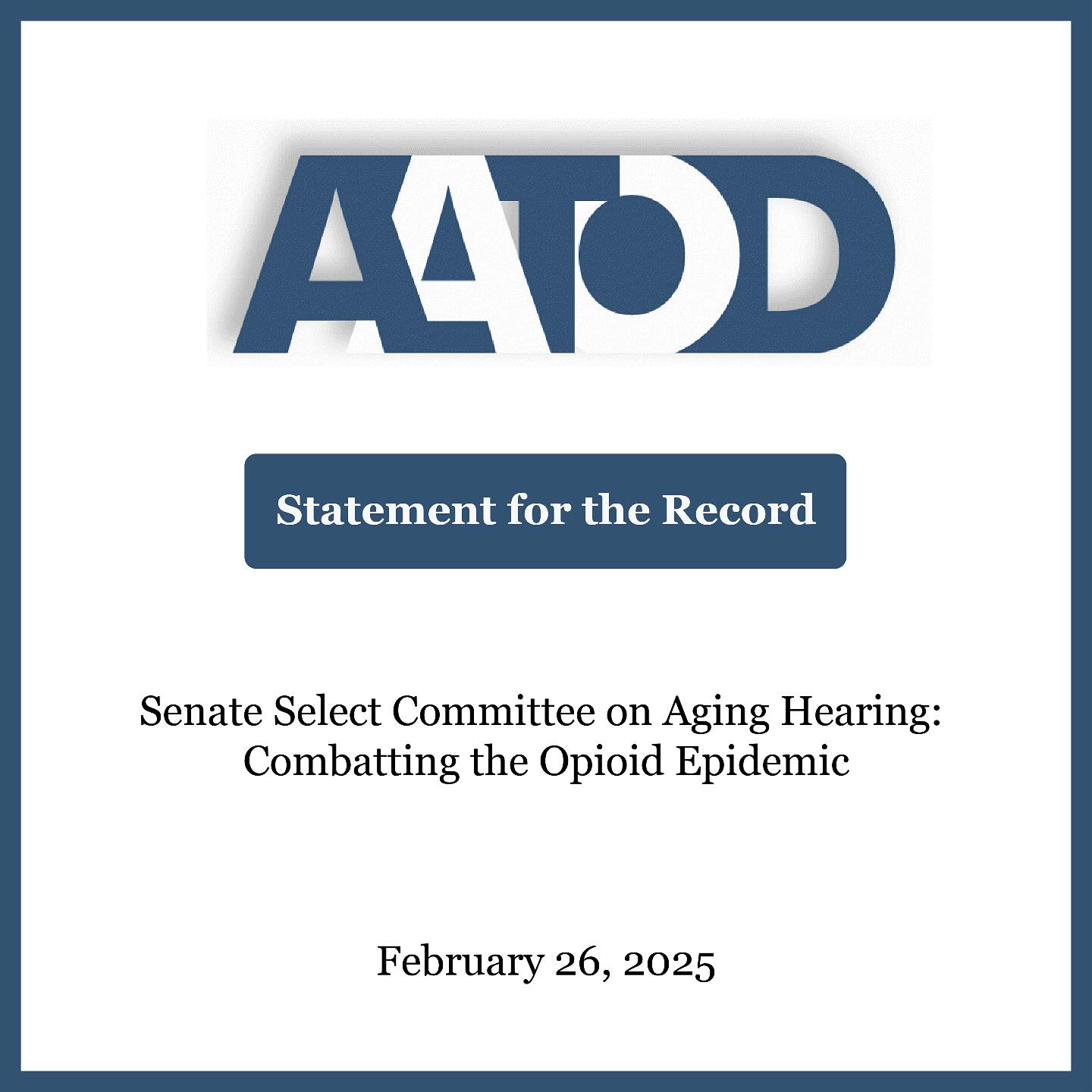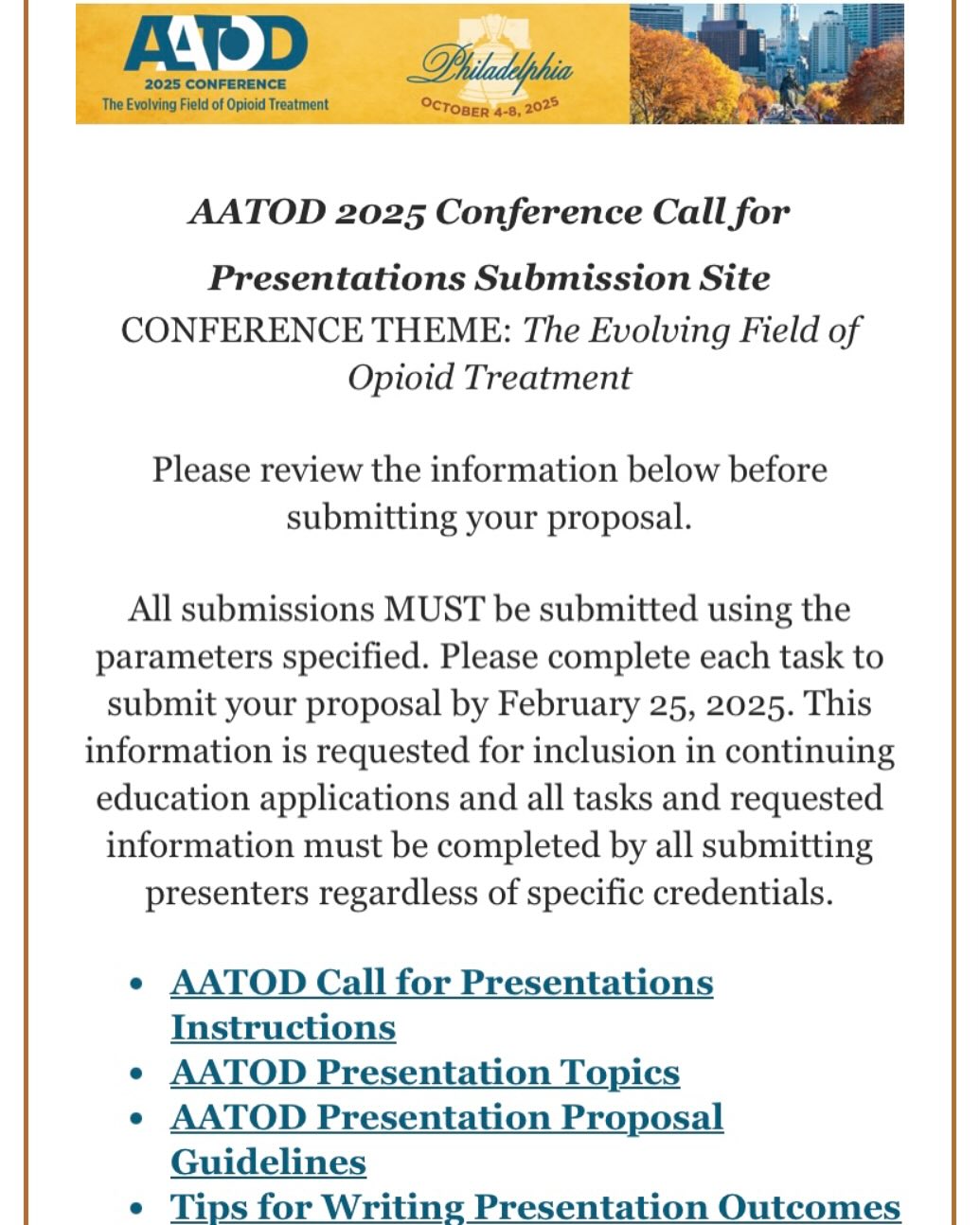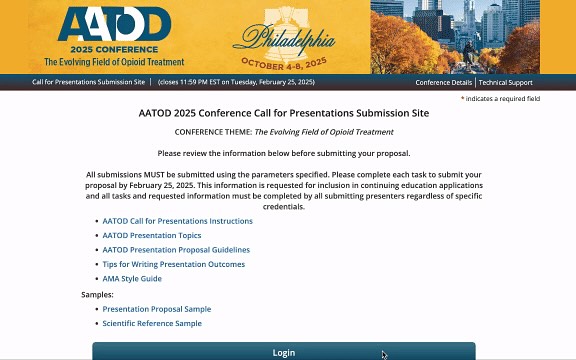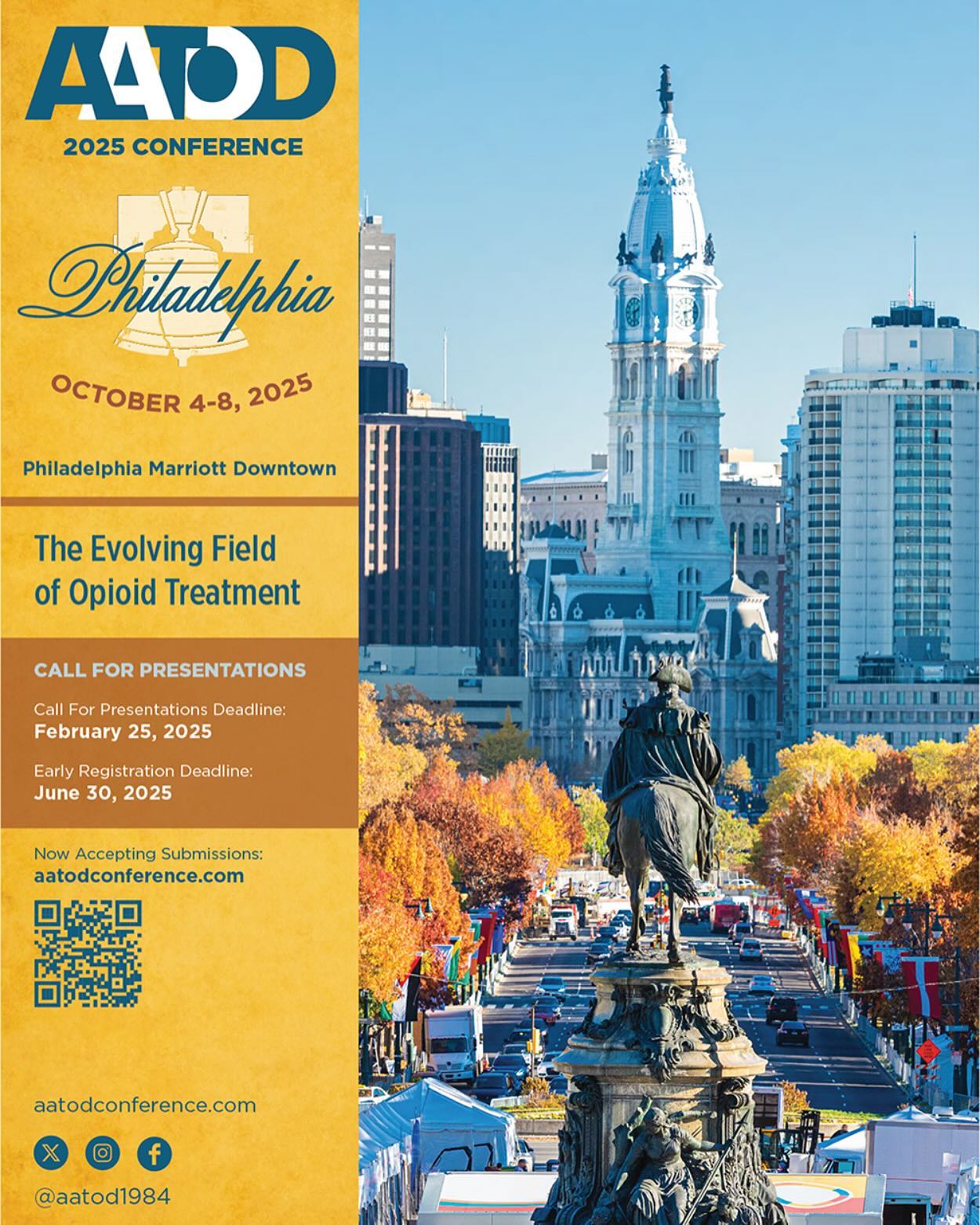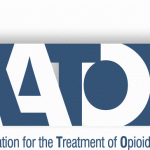Blog # 3
Written by Mark W. Parrino, MPA – AATOD President
December 8, 2015
Focus on the Use of Medications to Treat Opioid Addiction
This has been an incredibly dynamic year with regard to the implementation of federal and state policies to increase access to treatment for opioid addiction.
In many respects, this activity is unprecedented. There have been daily media stories about increasing access to opioid overdose prevention toolkits, in addition to shifts in the characteristics of opioid addicted individuals in rural and suburban areas of the US. Presidential campaigns have also begun to focus on increasing access to treatment for opioid addiction.
President Obama recently met with Secretary Burwell and ONDCP Director Botticelli in West Virginia, discussing the need to increase access to the use of medications to treat opioid addiction, focusing on the three available medications – methadone, buprenorphine, and combination Naltrexone products.
There has also been greater policy alignment between ONDCP and DHHS, especially in providing clearer direction to criminal justice grantees with regard to utilizing Medication Assisted Treatment (MAT) for opioid addiction wherever it is needed as they receive federal grants. This is the first time such clear direction has been provided to grantees.
The FDA just approved intranasal Narcan, which will add to the availability of opioid overdose toolkits in saving lives.
AATOD will continue to work with our federal and state agency partners in increasing access to the use of medications to treat opioid addiction through evidence based methods. We also plan to increase the focus on how we can expand OTPs throughout the United States, overcoming many barriers to care, including zoning ordinances and moratoria in developing much needed OTPs. The focus will be how to increase the base of 1,400 OTPs to a far greater number over the course of the coming years.
We certainly support the increased use of such medications, such as buprenorphine and Naltrexone products, but there also needs to be an increased focus on the use of methadone as an effective maintenance medication for the treatment of opioid dependence.
AATOD is also working with states to increase the utilization of Medicaid reimbursement for medications and services provided through OTPs. At the present time, there are 17 states that do not offer any Medicaid reimbursement for OTP services.
We will keep you posted about future developments but wanted to provide an understanding of some of AATOD’s leading initiatives and how grateful we are to have the support of so many key federal agencies in increasing access to care through OTPs and other programmatic sources.
Please feel free to share your comments.












